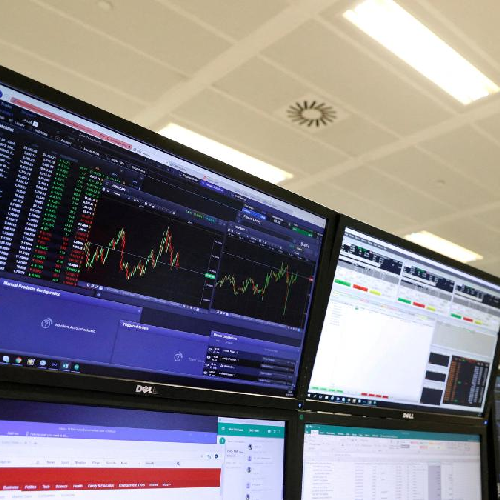India’s Display Fab Subsidy: A Game Changer for Electronics Manufacturing
India is accelerating its push to become a global electronics manufacturing hub, with the ₹76,000 crore ($10 billion) Electronics System Design and Manufacturing (ESDM) policy at the core of its strategy. While the semiconductor fab scheme has drawn headlines, the Display Fab Scheme — offering a 50% capital subsidy — could be an equally transformative force.
Electronics: The Engine of Growth
Electronics underpin India’s economic and strategic ambitions. The global Electronics Manufacturing Services (EMS) market is projected to hit $1.145 trillion by 2026, driven by 5G, IoT, AI, robotics, and smart mobility. India’s consumer electronics demand is set to reach $21.18 billion by 2025, fuelled by rising incomes and an expected per capita GDP of $3,000. Currently, India is the largest importer of LCDs, a gap the display fab policy aims to close, boosting self-reliance and reducing costs.
The LCD Market Opportunity
Globally, the display market is forecast to reach $187.8 billion by 2028, with LCDs — worth $142.36 billion in 2022 — projected to grow to $231.75 billion by 2030. Despite the rise of OLED, LCDs remain dominant. In India, the display market is expected to grow from $7 billion in 2020 to $15 billion by 2025, tripling by 2030. Meeting this demand will require 10–12 display fabs domestically.
India’s Policy Advantage
The Modified Display Fab Policy offers capital subsidies, tax reimbursements, and interest subvention to attract investors. By removing the previous ₹12,000 crore subsidy cap, the government has made the scheme more lucrative.
Early Movers
- Vedanta Group — Partnering with Innolux for a fab in Dholera, Gujarat; leveraging its ownership of Japan’s AvanStrate Inc., a top-four LCD glass substrate maker with 700+ patents.
- Elest (Rajesh Exports) — Applied for central subsidies.
- Corning & Optiemus — Partnering on finished cover glass parts for electronics.
With MoUs signed with 30 Japanese and 20 Korean firms, global interest is building.


